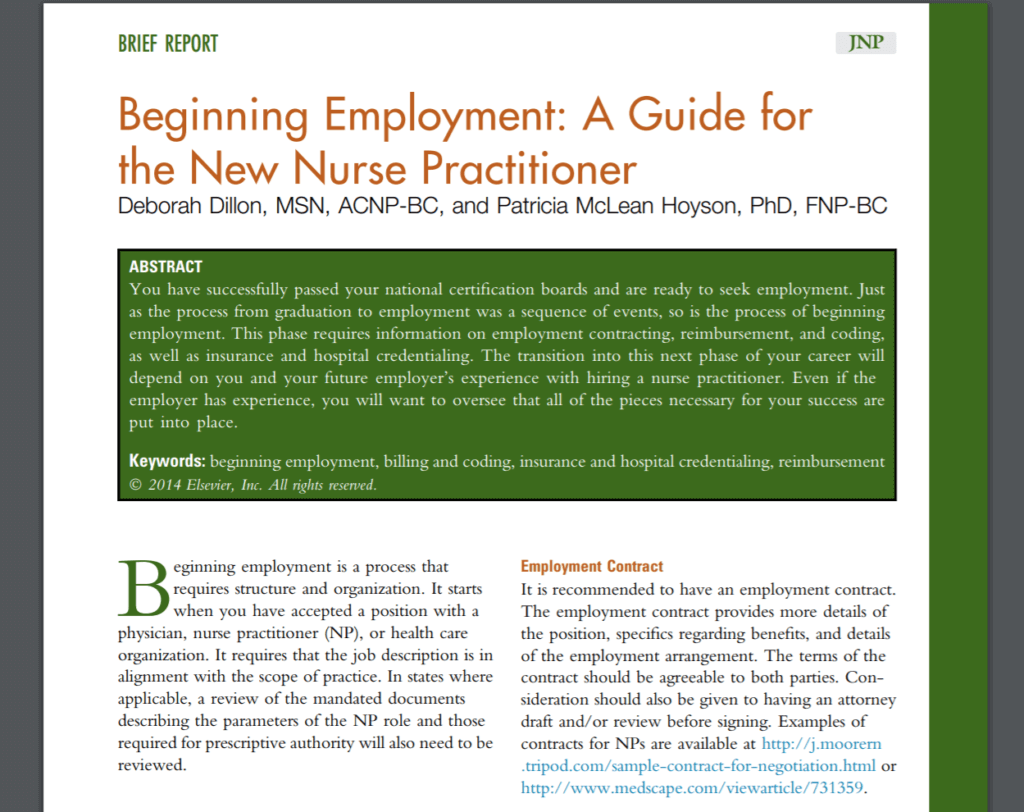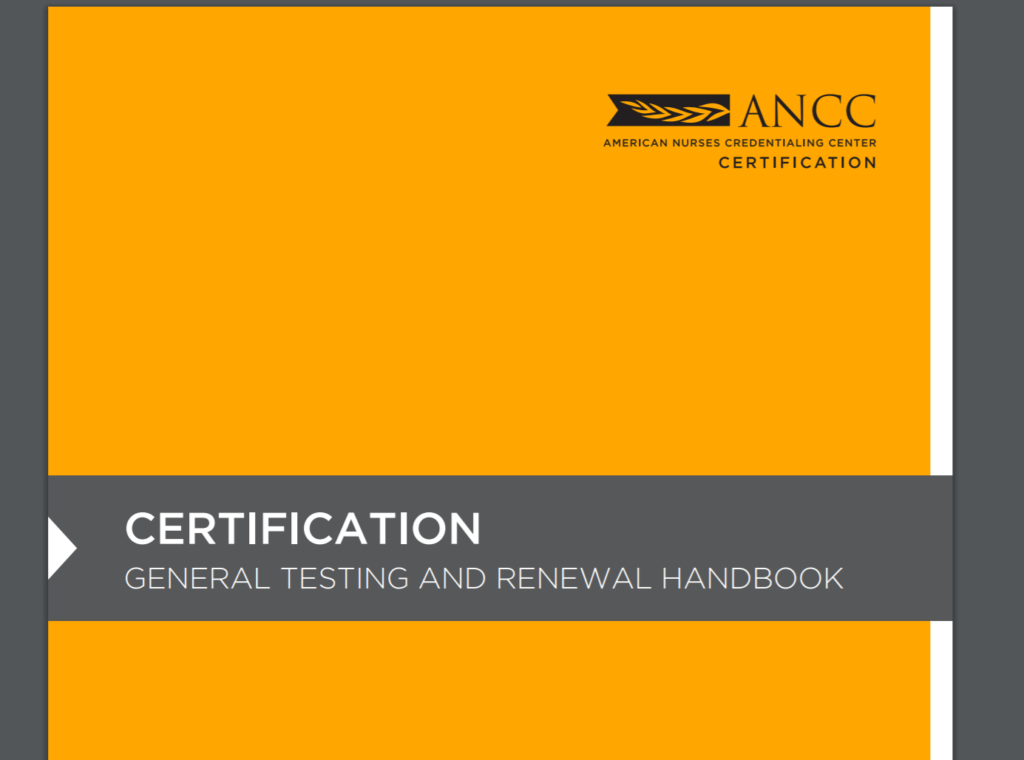How is nursing certification different from nursing licensure?
Having a valid nursing license is a legal requirement to practice as a nurse. Licensure as a Registered Nurse is required before you can take a nursing certification exam.
Although most Registered Nurse roles do not require certification to initially become or remain licensed, some employers do require nurses to attain specific types of certification to practice in certain specialties.
In the case of Advanced Practice Nurses, most states require advanced practice certification as a condition to obtain and maintain an active APRN license.
How is certification designated in nursing credentials?
Once you achieve successful certification, you can list your certification credentials after your nursing license, such as “Mary Jones, BSN, RN-BC.” The “BC” stands for “ANCC Board Certification.” Each specialty and role has its own designation. For example, “Mary Jones, BSN, RN, NPD-BC” indicates that Mary is “Board ertified in Nursing Professional Development.” You can go on to earn more than one certification if your practice spans additional specialties.
Five important reasons to get certified
How can I prepare to take and pass the certification exam?
There’s no substitute for focused preparation in advance. Be sure to read all of the information about testing requirements, including the key content areas that will be covered. You can choose to take a classroom-style certification preparation course with an on-site instructor when available, or you can purchase an online program for viewing in the comfort of your own home.
Certification preparation resources also include books, study guides, and practice questions to assess your knowledge and show you where to concentrate your efforts. Whatever your method, give yourself ample time to learn new concepts and refresh your knowledge.
ANA has many resources to help you on your path to achieving successful certification. You can find them here.







 Becoming certified in your specialty is a well-recognized mark of professional excellence.
Becoming certified in your specialty is a well-recognized mark of professional excellence. Certification validates that you possess a distinctive body of knowledge and professional competency.
Certification validates that you possess a distinctive body of knowledge and professional competency. Professional certification is considered evidence of your commitment to high standards of nursing practice.
Professional certification is considered evidence of your commitment to high standards of nursing practice. Certification gives you a competitive edge in the job market.
Certification gives you a competitive edge in the job market. Certification makes you more valuable to your employer: certified nurses are viewed favorably by many health care organizations.
Certification makes you more valuable to your employer: certified nurses are viewed favorably by many health care organizations.








